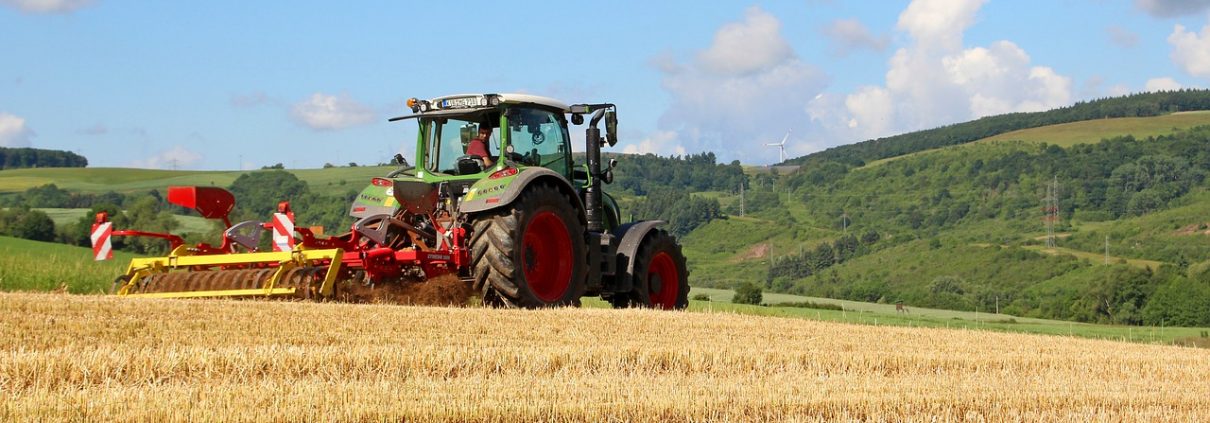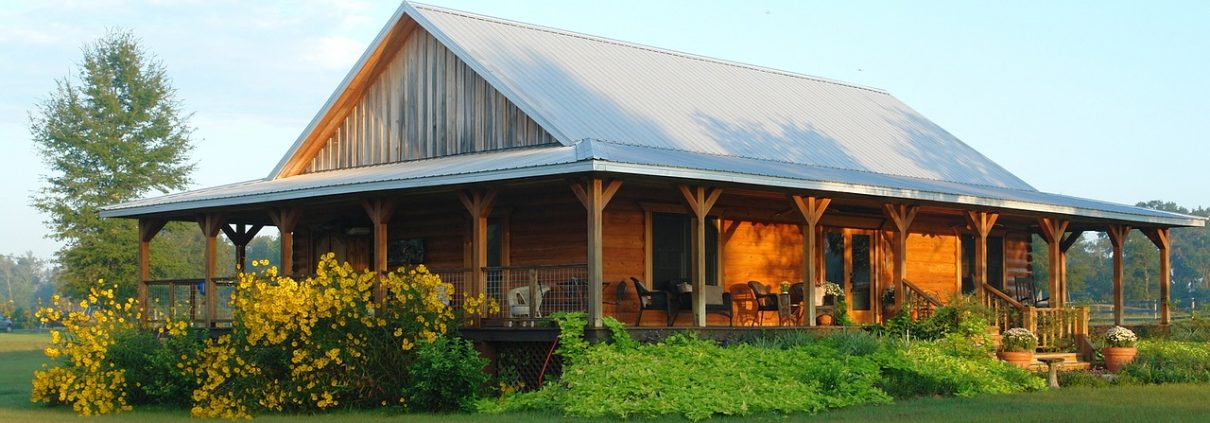Why the 1031 Exchange Should Not Be Eliminated
Internal Revenue Code Section 1031, which allows taxpayers to defer, not eliminate, payment of capital gains and recapture tax on the sale of property, has been in the Federal tax code for the past 100 years. Despite this longevity, there have been numerous proposals from elected officials to remove Sec. 1031 in order to allegedly “close a tax loophole” or pay for another government program. So far, in each of these instances, this battle-tested provision of the tax code has passed the challenge of scrutiny but only after lawmakers took the time to understand its full economic impacts. Section 1031 impacts liquidity throughout the real estate market, has revenue implications to the Treasury as a result of a slowdown in transaction volume, and has a general positive impact on the US economy as a whole.
New Studies Show Potential Detriment of Eliminating 1031 Exchange
In response to past attempts to eliminate the Section 1031, a coalition was formed by industry giants to educate Congress on the full Section 1031 impact. Two separate impact studies were conducted: one by Ling & Petrova and one by Ernst & Young LLP. As each study delineated the financial effect of limiting or eliminating of Section 1031, the numbers articulated what pages of political soundbites might not have. Elected officials quickly came to the realization that not only was the cost of like-kind exchanges to the Treasury grossly overstated, but that an outright repeal would devastate several important industries, harm the economy as a whole, and in the end cost the government in the long run.
Both the Ling & Petrova and Ernst and Young studies address how Section 1031 creates liquidity throughout the real estate investment market, which provides incentives and support for real estate to achieve its highest and best use. The transactional activity from trading out of yesterday’s real estate to a new piece of real estate to meet tomorrow’s needs is a catalyst for a stream of economic activity, creating jobs and taxable revenue for realtors, qualified intermediaries, title companies, escrow, insurers, lenders, contractors, inspectors, appraisers, building supply vendors, etc. and generates revenue for local and state governments through transfer taxes, permitting fees, and increased tax basis from upgraded buildings and improved communities.
The 1031 Exchange Stimulates Agriculture
In addition to these studies, it is well known that Sec. 1031 stimulates America’s vital agricultural sector. Farmers and ranchers use Section 1031 to combine acreage or acquire higher grade land or otherwise improve the quality of their operations. Retiring farmers can exchange their most valuable asset, their farm or ranch, for other real estate without diminishing the value of their life savings.
Section 1031 is also used to promote conservation and environmental policies. Grants of conservation easements can be structured as tax-deferred exchanges, facilitating government and privately funded programs designed to improve water quality, reduce soil erosion, maintain wetlands and sustain critical wildlife habitat. These exchanges also enable landowners to acquire replacement farm or ranchland in less environmentally sensitive locations.
Section 1031 is an important tool in the agricultural and commercial real estate market and must be retained. It creates and preserves jobs and is used by a broad spectrum of taxpayers, from middle-class Americans, to small businesses and even large enterprises, to synergistically spur on our economy.

Key Findings from Ling & Petrova Study
- Like-Kind Exchanges Encourage Investment: On average, taxpayers using a like-kind exchange invest approximately 33% more capital than non-like-exchange investors.
- Like-Kind exchanges provide only temporary tax deferral: The overwhelming majority- 88 percent of real estate replacement properties acquired through a like-kind exchange are disposed through taxable sales, not subsequent like-kind exchanges.
- Like-Kind Exchanges lead to job creation: Real Estate acquired through a like-kind exchange is associated with greater investment in capital expenditures (i.e., job-creating property upgrades and improvements) than real estate acquired without the use of like-kind exchanges.
Key Findings from Ernst and Young Study
- Repeal of 1031 would subject businesses to a higher tax burden on their transactions, resulting in a longer holding periods (the “lock-in” effect).
- Repealing 1031 rules would slow economic growth, shrink investment and ultimately reduce gross domestic product.
- The study concludes that repeal of the 1031 would adversely impact the U.S. economy by discouraging investment, causing a reduction in GDP, a contraction in the economy, and would unfairly burden certain industries and taxpayers.
About the Author

Daniel Wagner is senior vice president of government relations for The Inland Real Estate Group of Companies, Inc. He has been a licensed real estate broker since 2004 and holds Series 7 and 63 security licenses.
Wagner serves on numerous real estate industry, and governmental boards and committees. He is a proud member of the REALTORS® Land Institute.

















